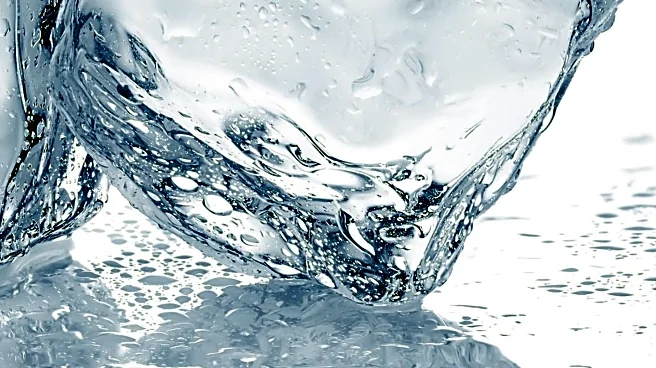What's Happening?
Cold plunging, or cold water immersion therapy, involves exposure to water below 60 degrees Fahrenheit for up to three minutes. Exercise physiologist Rachelle A. Reed suggests it may improve post-workout recovery and mood due to increased levels of epinephrine, norepinephrine, and dopamine. However, the practice is controversial, particularly regarding its effects on men and women. Stacy Sims, PhD, argues that women may not need as cold temperatures for effective plunging. Research on cold plunging is limited, with studies often focusing on athletic populations and varying results based on exercise intensity and duration.
Why It's Important?
Cold plunging is gaining popularity as a recovery method, but its benefits are debated. While it may reduce soreness, it could also lessen workout effectiveness by reducing inflammation needed for muscle growth. The practice's impact on women is particularly unclear due to limited research. Understanding the benefits and drawbacks is crucial for athletes and fitness enthusiasts seeking effective recovery methods. The conversation around cold plunging highlights the need for more gender-specific research in sports science.
What's Next?
Further research is needed to determine optimal cold plunge temperatures for women and the practice's overall benefits. Experts recommend strategic timing for cold plunges, such as on rest days, to avoid hindering muscle growth. Individuals with circulatory disorders or heart conditions should consult healthcare providers before attempting cold plunges. As interest in cold plunging grows, more studies may emerge to clarify its effects and guide safe practices.
Beyond the Headlines
The debate over cold plunging underscores broader issues in sports science, such as the need for inclusive research that considers gender differences. It also raises questions about the balance between immediate recovery benefits and long-term fitness goals. As cold plunging becomes more mainstream, it may influence trends in wellness and recovery practices.









